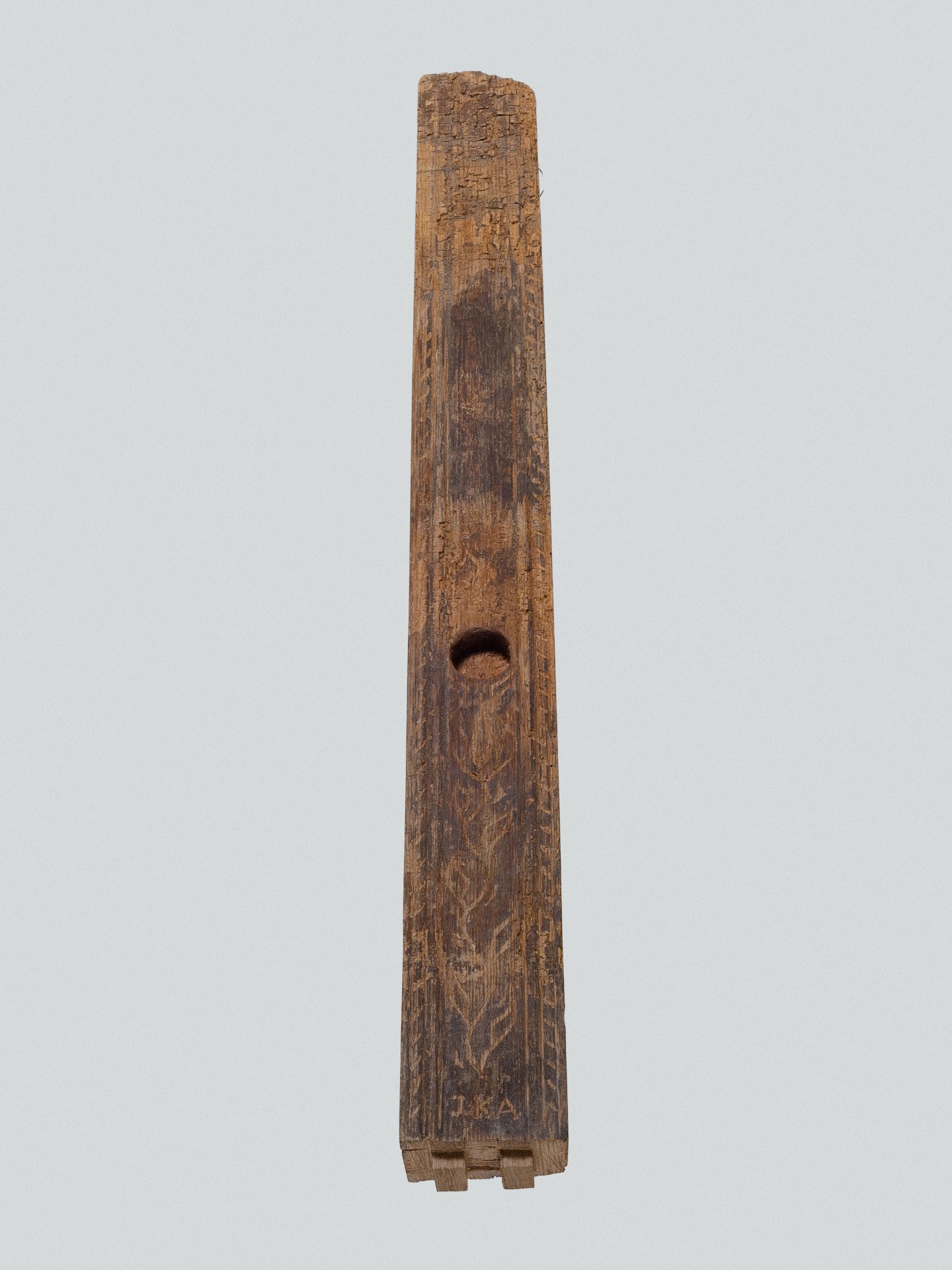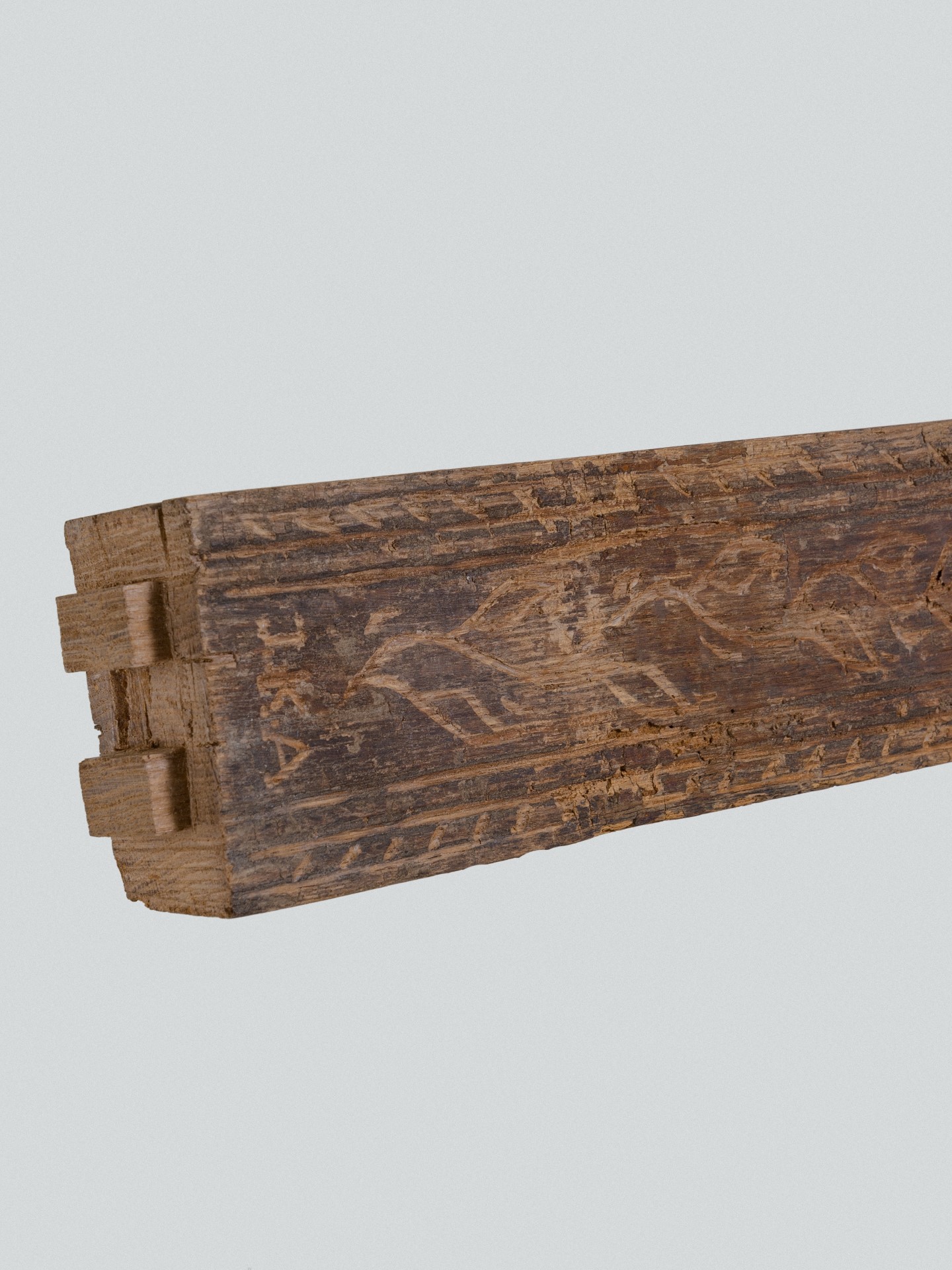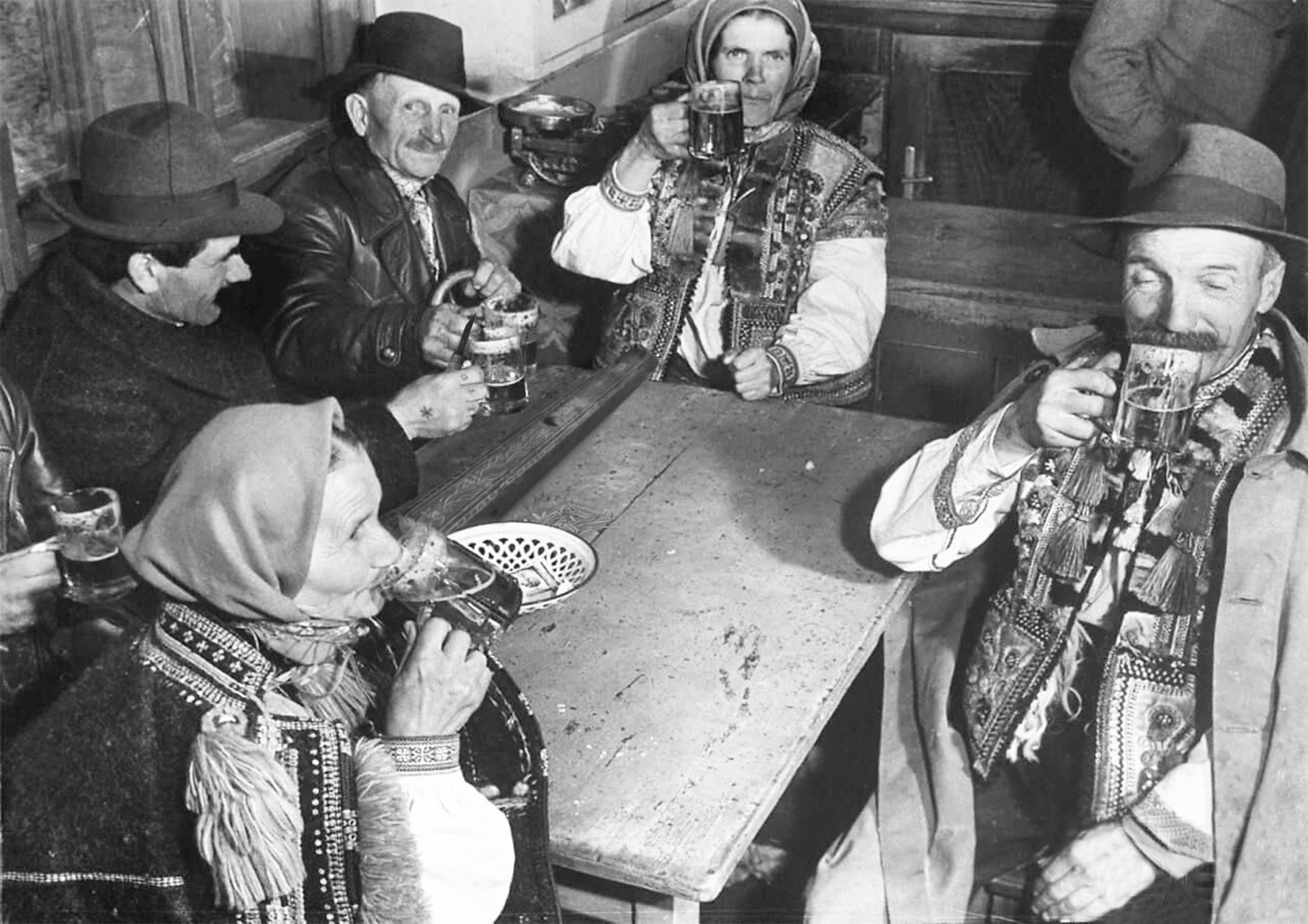"I have often heard from my maternal uncle that they used to pass through Bucsa, especially in the long winter evenings, or perhaps after the cattle had been fed, in the afternoons." ... "As bachelors at the time, they had little money in the 1840s. Somehow they found a way, while their parents were wintering in the house in the town, to scavenge the leftover crops by 'helping' the mice to drill the attic where the crops were stored. They "liquefied" it by bagging it. Either using the product or its price as a means of payment to pass the time in the pub in Bucsa, to add colour to their monotonous farm life."
In the countryside, it was common practice to pay for a drink with the product or its price, but it was important that this activity was not revealed to the farmer's relatives: '... the innkeeper accepted the product as payment, and was an accomplice of the farmer's son if he stole it from his father because he wanted to have fun...'. This was done by means of the chidder.
chidder: a word originates from the old Hungarian word, cseber (cheber), from the county of Arad. The word was formed by the use of a b-d sound-unbundle (b-d bundle-unbundle sound-pair). The noun cseber is a wooden equipment, usually open at the top, for collecting the cut bunches during the harvest and carrying them to the place where they will be processed or transported. The chidder is a simple folk object carved from the side boards of the cheber. It is usually found in taverns. It is most often made out of oak, and was used as a night-time entertainment tool, mainly for young people who paid for their drinks with product or the money they earned from selling it. When the payment was settled, the barman would simply say to his customer: 'To the hoist!' (in Hungarian translation: ’Pull it!’). The barman then pulled out the chidder which was hidden under the bar. Then he placed the drink and the bachelors downed it as quickly as possible so they won’t get caught by their relatives. This object later became a cult object: the tradition was passed down from father to son, and the mystique of the chidder got lost. The chidder was decorated with various folk motivs, a hole was drilled in the end and was hung on the wall of the pub with a rope or string, thus commemorating generations. The initials of the makers name were often written in the chidder marking the year and therefore, the generations. The noun of the chidder comes from it’s use, the quick gesture and the expressions of 'drinks on the pull' and 'under the bar' associated with it.
chidderpuller: noun, a nickname, usually applied to a man or young man who pulls the chidder in a pub instead of paying.


